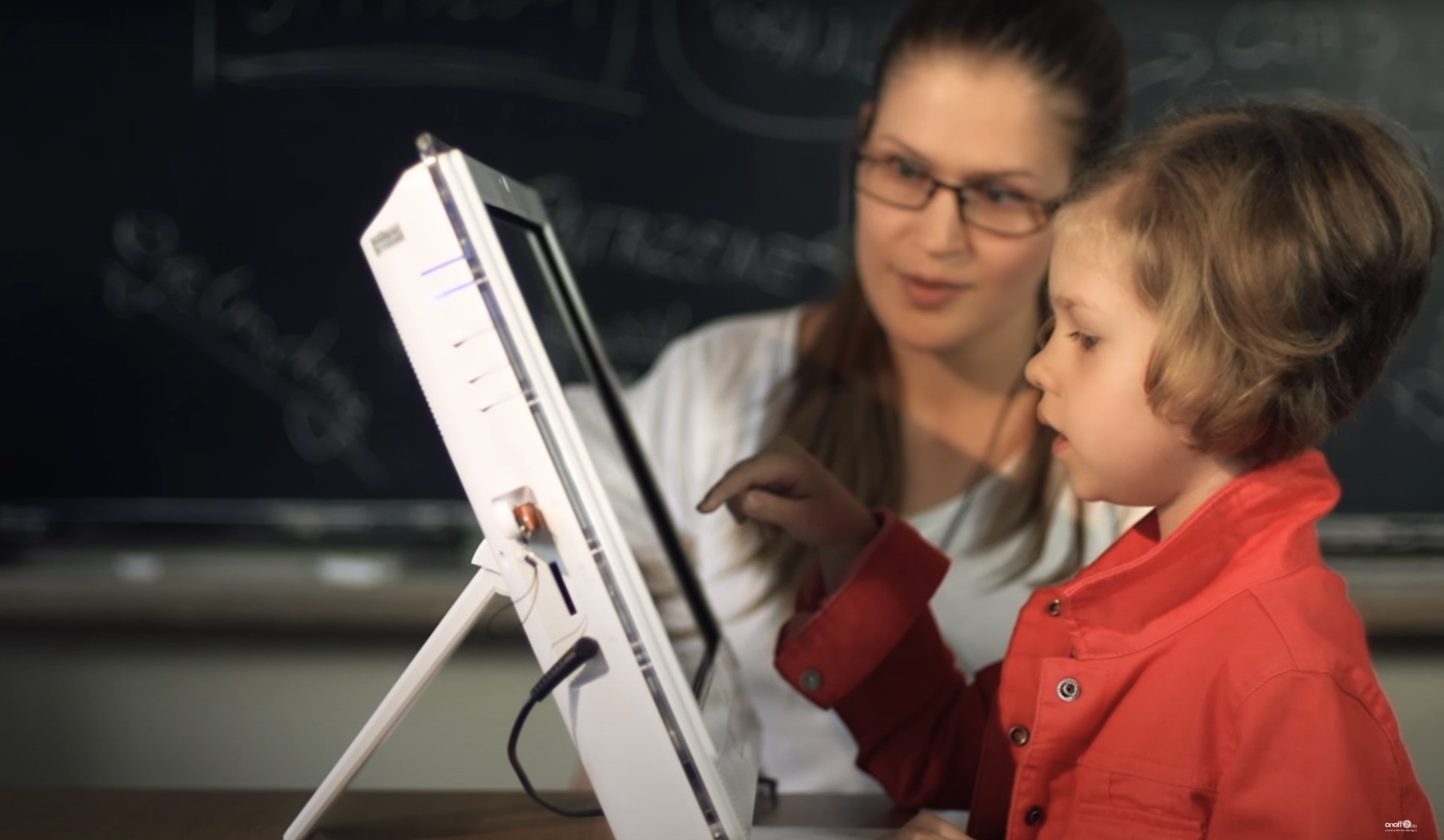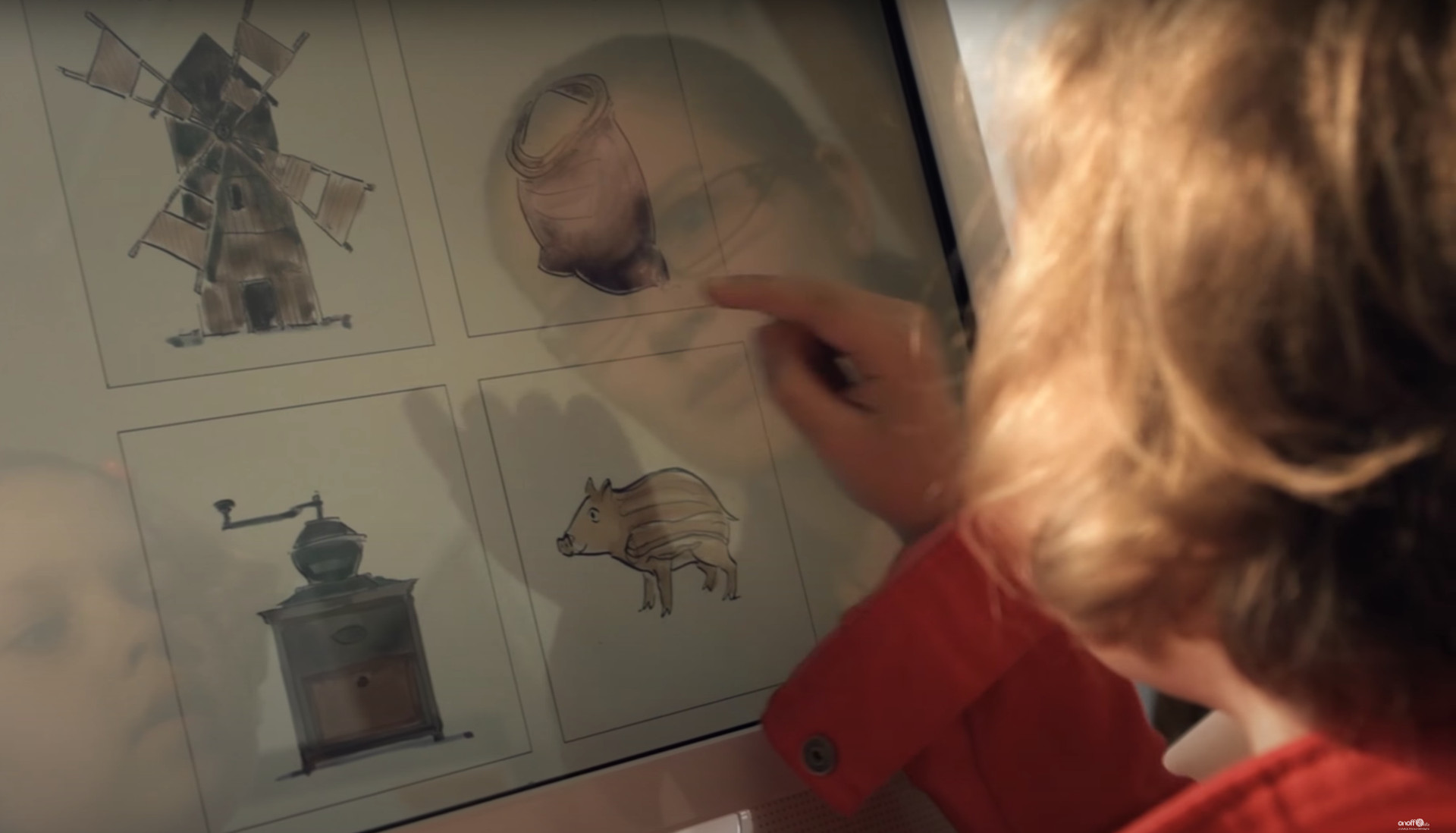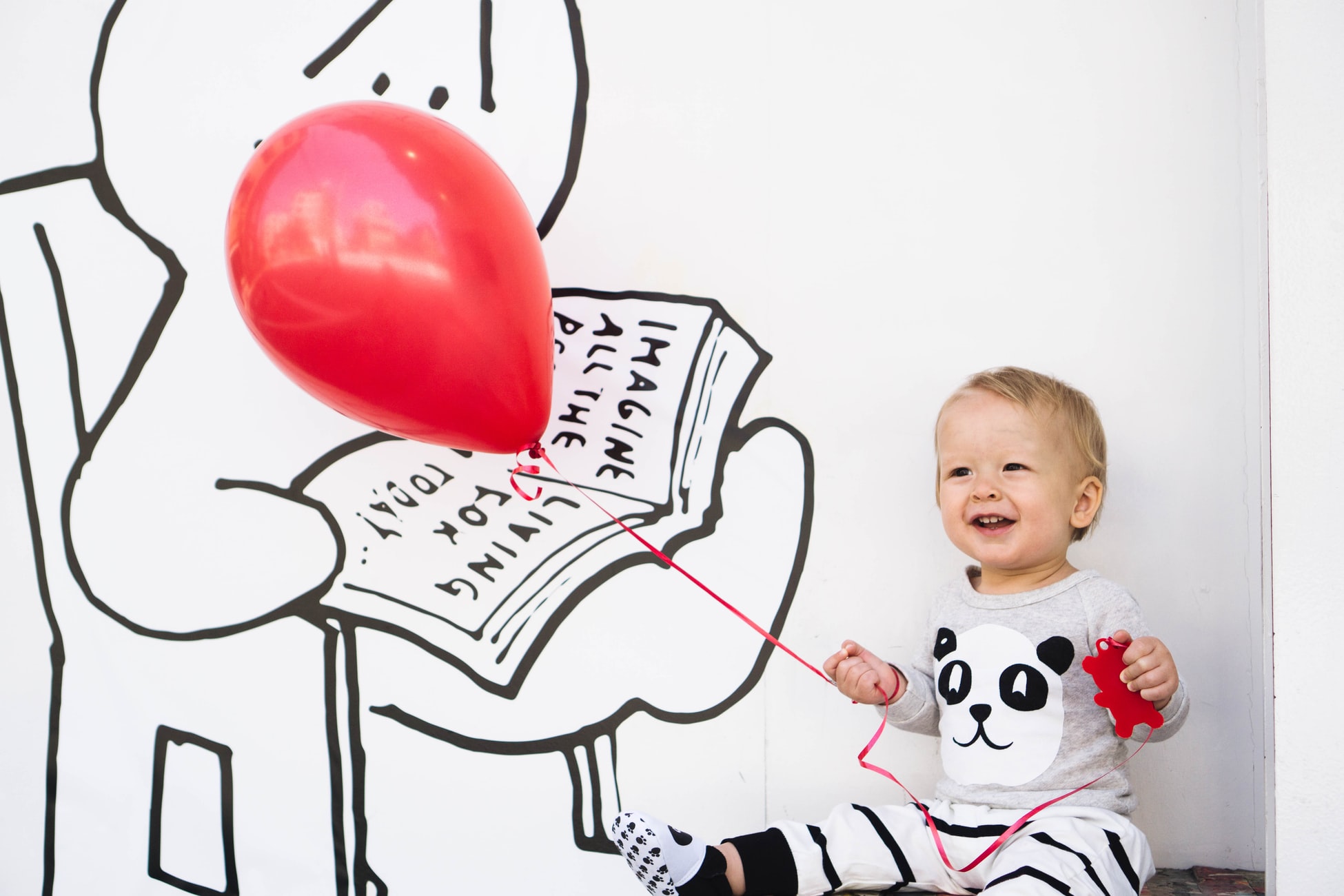MultiLADA is a research team
at the Faculty of Psychology
University of Warsaw
Our team focuses on the language development of monolingual, bilingual, and multilingual children. We are currently carrying out two grants concerning the language development of monolingual and bilingual children. In the project From Word to Sentence (PI: Karolina Muszyńska, NCN Sonata 18), we investigate the relationship between early vocabulary and grammar development. In the project DwuZam (PI: Magdalena Łuniewska, NCN Sonata 19), we examine how many families in Poland practice intentional bilingualism, as well as the linguistic, cognitive, and social consequences for children of introducing an additional language into family communication.
We collaborate with researchers from various institutions in Poland, Norway, and the United Kingdom. Currently, our partners include scholars from:
-
Oslo Metropolitan University
-
University of Oslo
-
Inland Norway University of Applied Sciences
-
University College London
-
Institute of Psychology, Polish Academy of Sciences
International collaboration is crucial for us, as studying multilingualism requires thorough consideration of all the languages a child uses. We co-develop specialized tools that help assess the language skills of multilingual children, such as LITMUS-CLT, LITMUS-SRep, and LITMUS-MAIN.
Recently, we completed two large research projects:
-
StarWords – funded by the National Science Centre (OPUS program),
-
PolkaNorski – co-funded by the EEA and Norway Grants under the GRIEG program.
We also participate in strategic programs of the University of Warsaw, such as the “Excellence Initiative – Research University” and the 4EU+ Alliance, which brings together researchers from across Europe. Within these initiatives, we co-create the European Network for Psycholinguistic Research on Multilingualism and Multilingual Development.
Thanks to our efforts, the language development of multilingual children is becoming increasingly well understood and supported.
Our publications
that we recommend to parents
How Does L1 and L2 Exposure Impact L1 Performance in Bilingual Children? Evidence from Polish-English Migrants to the United Kingdom
View publication
Home Language Will Not Take Care of Itself: Vocabulary Knowledge in Trilingual Children in the United Kingdom
View publication
The impact of a first-generation immigrant environment on the heritage language: productive vocabularies of Polish toddlers living in the UK and Ireland
View publication
Our publications
that we recommend to practitioners / specialists dealing with bilingual and multilingual children
Picture-based vocabulary assessment versus parental questionnaires: A cross-linguistic study of bilingual assessment methods
View publication










